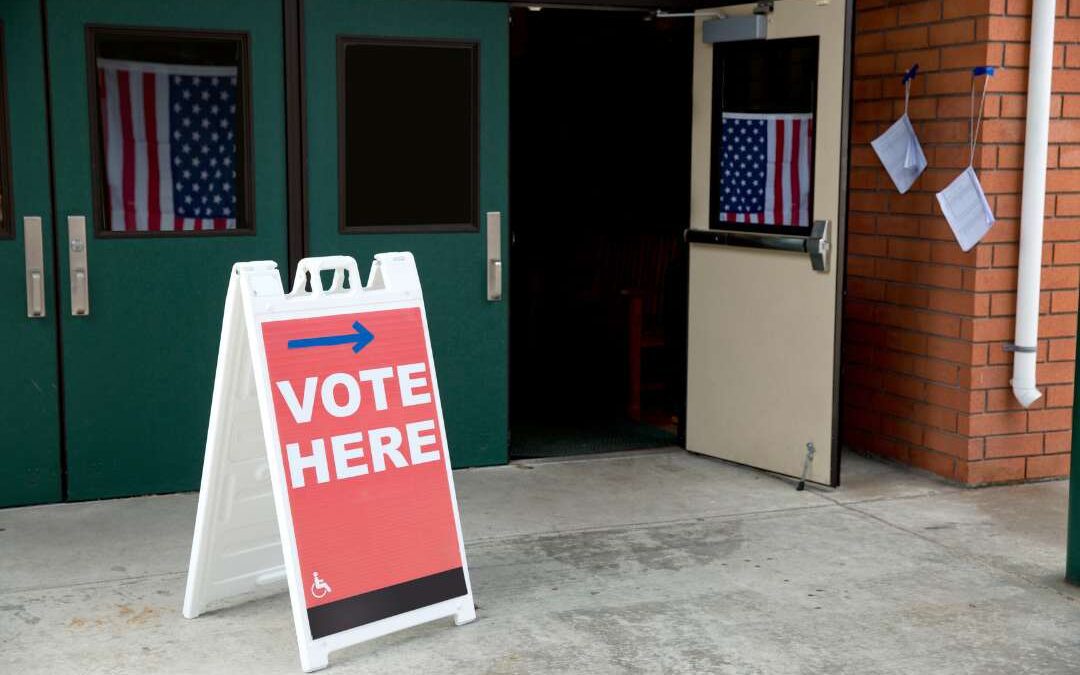“Attribute to an antagonist no opinion he does not own, though it be a necessary consequence” [1]. This is a principle of Christian disagreement taught by Archibald Alexander, a professor many years ago at Princeton Seminary. I wish it was taught everywhere. With that said, today we’re going discuss Two Ways to Avoid Slander.
I may think that a person’s position on wanting steak cooked well done will lead to further abominations like adding ketchup. But if a person is telling me he or she likes steak well done but abstains from ketchup, it is wrong of me to assume the worst. This is an application of 1 Corinthians 13:7: “[Love] bears all things, believes all things, hopes all things, endures all things.”
In conversations today, I’ve seen Christians believe the worst about others with whom we disagree in at least two specific ways. I want to look at those two ways here. Depending on your disposition and circles within Christianity, you may be more tempted to default to one of these two tendencies, and I hope Alexander’s words can help us be more faithful to love one another, even in disagreement.
1. Equating Denials of Widespread Systemic Racism with Racism
Christians need to agree that racism is bad. Ethnic partiality is heinous. Denying the image of God in one’s fellow human is a personal insult to God Himself. I have never met a professing Christian who defends racism.
The trouble comes when we describe just how prevalent we believe racism is or how it affects institutions. Christians are all over the map on this question of the extent of racism today. Brothers and sisters who understand racism to be widespread and systemic can get frustrated with fellow believers who don’t see things the same way.
That disagreement is not a problem on its own. Christians disagree about a great many number of things. A problem comes when Christians equate denying systemic racism with racism itself. It’s easy to see how this happens. If the accusation is that racism is woven into the fabric of society, then someone who opposes efforts to expose and outroot it is seen as part of the problem, a perpetuator of centuries-old racist tendencies. Those who deny systemic racism become, in this framework, racists themselves.
But we can’t make that leap. Consider the first half of Alexander’s quote. If a Christian says he or she is opposed to racism, I need to take that claim seriously. A person can seriously hold that conviction while understanding systemic racism to be largely over. I may disagree with that person. He or she may be inconsistent. Or flat-out wrong. But I can’t go any further than that without disobeying 1 Corinthians 13:7 and failing to love my brother or sister.
2. Accusing Christians of Theological Compromise for Learning from Non-Christians
Wanting to guard the purity of Christian doctrine is the best of instincts. Christians must be discerning. Christians care about truth. The Devil is the father of lies (John 8:44). God’s Word is truth (John 17:17). Any desire to advance a cause which requires a denial of truth is badly misguided.
Christians have what we might call differing levels of tolerance for learning from common grace insights or from non-Christians. Francis Schaeffer famously taught that all truth is God’s truth. The implication of this line is that Christians should be happy to learn from anyone and everyone, because insofar as any human being says something true, they are reflecting the God who made them.
Shaeffer got that idea from the Bible. In Genesis 12, Pharaoh corrects Abraham for his shameful conduct with Sarah. The great father of the faith is instructed and even morally rebuked by a pantheist. When correcting the Corinthian church, Paul appeals to the moral sensibilities of their pagan counterparts to convince the Corinthians to do what is right, according to God’s word (1 Corinthians 5:1).
Some assume that if a Christian reads or learns from non-Christian philosophers, historians, ethicists, and the like, that he or she has necessarily been theologically compromised. I may think that if a Christian reads a bunch of Critical Race Theory and learns a thing or two from it, then he or she will end up denying absolute truth or the authority of Scripture.
But not so fast. If a Christian has affirmed doctrines I accuse them of denying, the worst charge I can reasonably bring is inconsistency. I slander my brother or sister if I claim they are holding a position they have explicitly denied. There may need to be a conversation about whether influences are corrosive or whether Scripture is being abandoned or whether we are using the same definitions. Theological drift is real. But so is slander. We will give an account to God for every careless word (Matthew 12:36). Let us take care.
Fundamentally, Christians in both of these cases refuse to take a brother or sister at their word and fail to love the other as Scripture commands. These tendencies might be more or less prevalent in your theological tribe or even in your own heart, depending on your wiring and the culture around you. May each of us strive to disagree with charity and nuance, extending the benefit of the doubt in Christian love, as God has commanded. Instead of jumping on others in these cases, let’s remember that none of us are as consistent as we think we are. Let’s have some humility and focus on how we can work out disagreements while still living at peace with all.
- [1] David Calhoun, Princeton Seminary, Vol. 1: Faith & Learning, 1812 – 1968 (London: Banner of Truth Trust, 1994), 92.
Prayer Requests:
- Pray that Christians would love each other in ways our social media and contemporary culture would find surprising.
- Pray that Christians love truth in the way James teaches (James 3:13–18).
- Pray that we do these things so well that non-Christians see our works and glorify our Father in heaven (Matthew 5:16).











